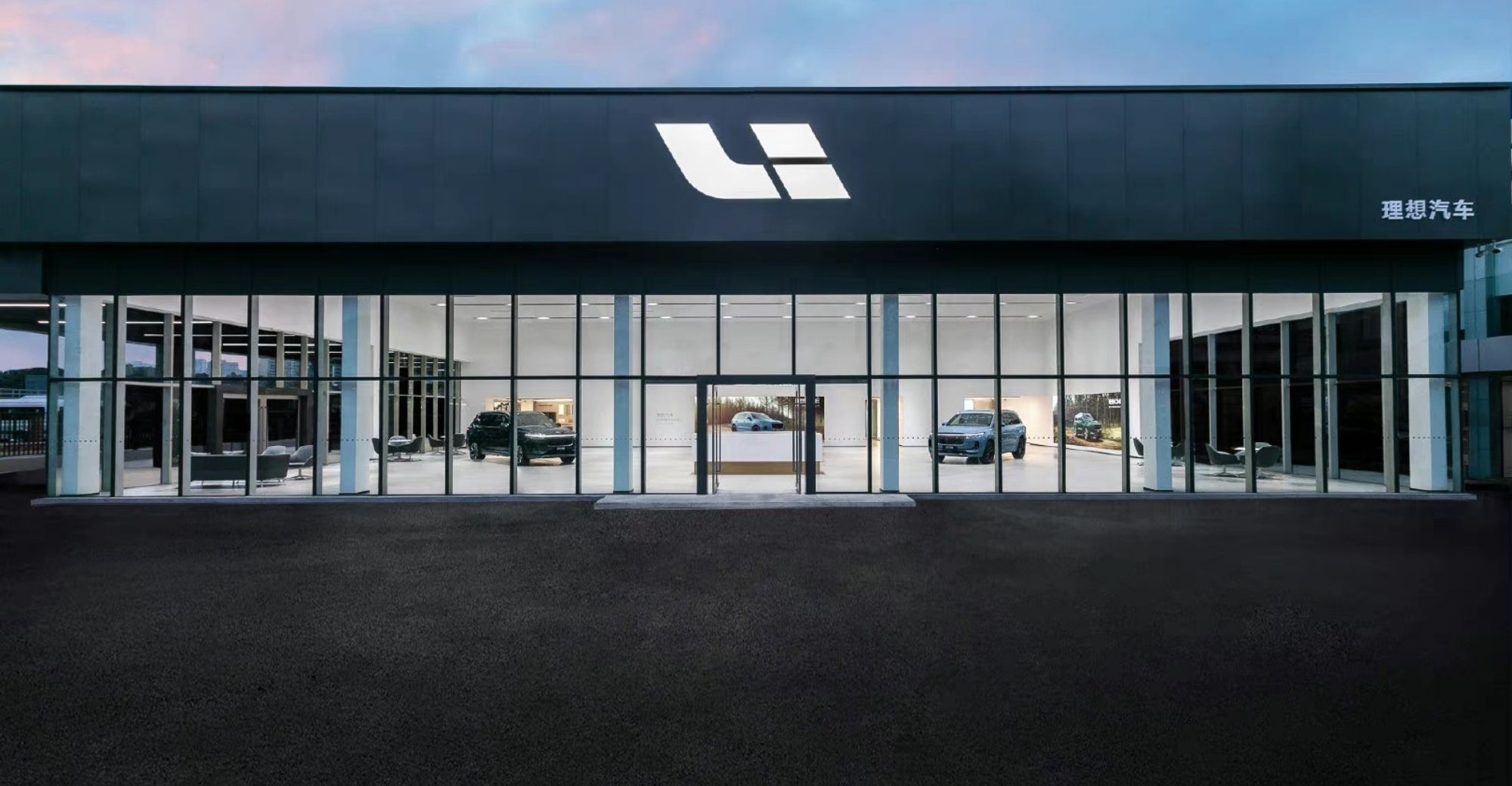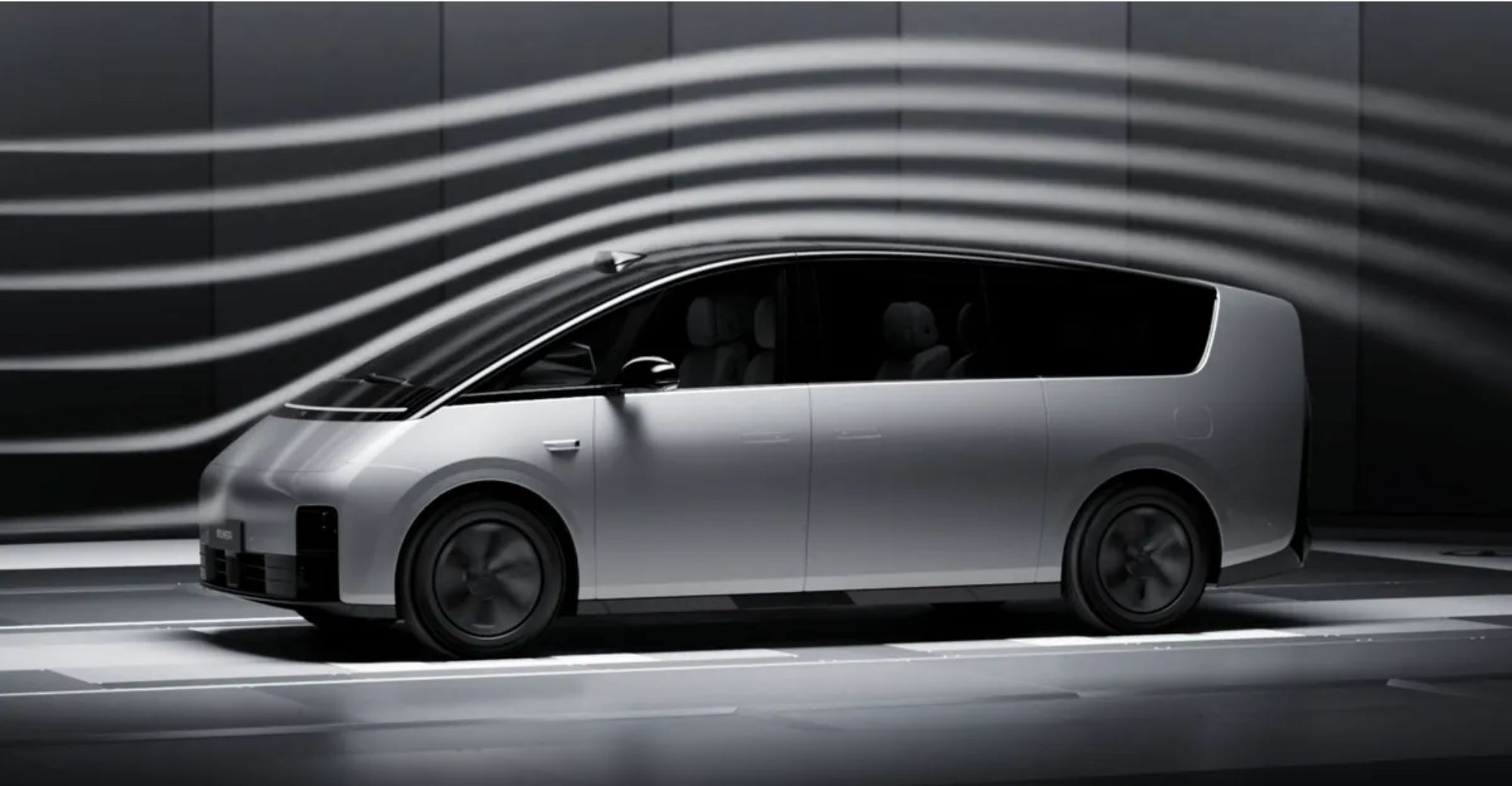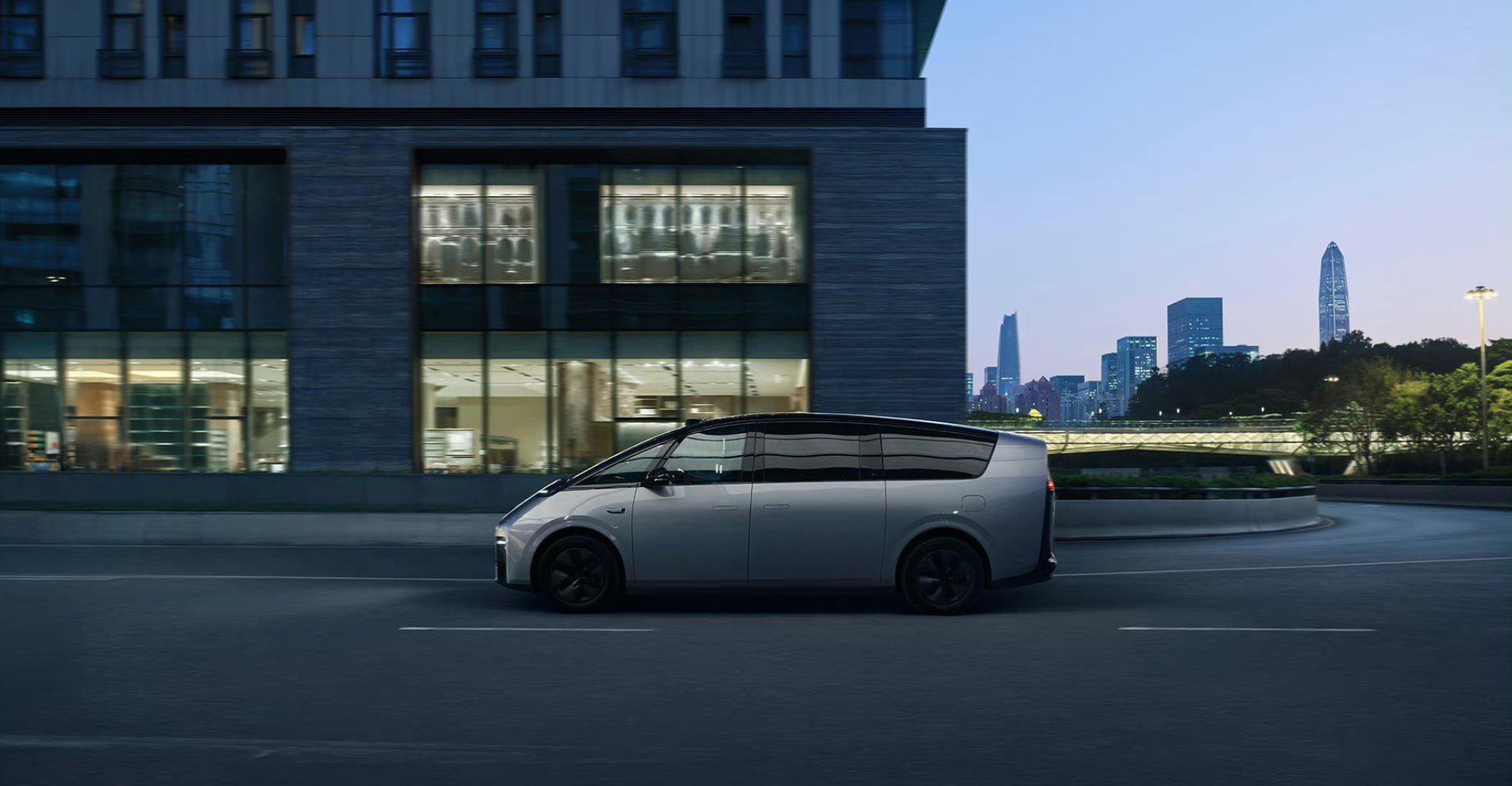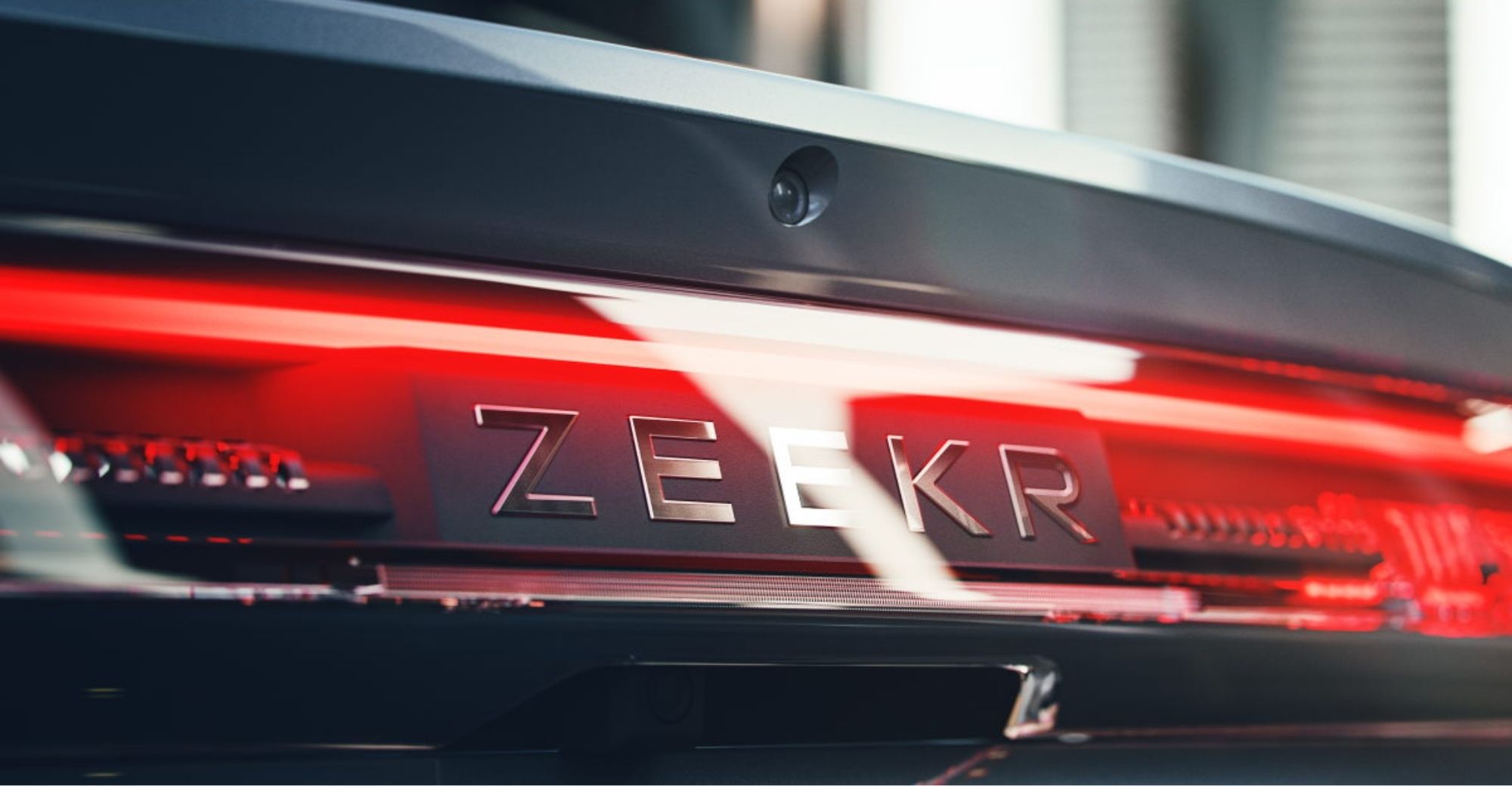Li Auto Response to Li L9 Rear-End Accident
On May 11th, the topic of “Li L9 mistakenly identifying advertisements as real vehicles leading to a rear-end collision” sparked discussions. A owner of an Li L9 in Xiangyang, Hubei province claimed that while driving on the highway with the assistance of the driving system, the vehicle detected an image of a small truck on a high billboard and suddenly slammed on brakes, resulting in a rear-end collision.
The party involved has deleted the remarks on the media platform. The car owner previously claimed, ‘Due to issues with the vehicle, an unregistered new car turned into a damaged vehicle in an accident and demanded 20,000 yuan in compensation from the manufacturer.’ Regarding compensation, Li Auto‘s 4S store proposed a solution of compensating with 4,000 yuan in cash. An agreement has not yet been reached with the car owner.
The current Li Auto officials have responded that the cause of the accident was indeed “the onboard system mistakenly identified an advertisement image as a real vehicle,” and “subsequent improvements will be made to the software system.”
Currently, intelligent driving technology for new energy vehicles is generally at the L2 stage, and systems and algorithms from various brands are not yet mature enough to fully replace drivers in controlling vehicles.
According to the national recommended standard “Classification of Automotive Driving Automation,” Level 2 driving automation is classified as combined driving assistance, with the driver and system being the main subjects for target and event detection and response. The responsibility still lies with the human driver.





